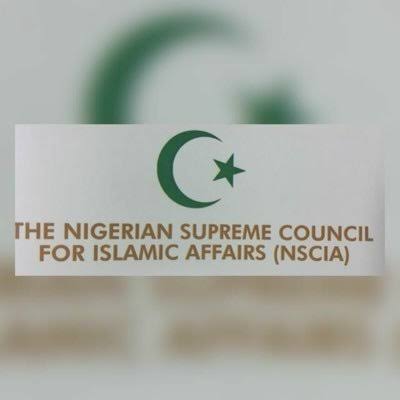The Nigerian Supreme Council for Islamic Affairs (NSCIA) has convened the tenth meeting of the Expanded General Purpose Committee to evaluate the current condition of the Ummah and to reflect on the broader context of the nation.
The meeting, which was presided over by the President-General of NSCIA and Sultan of Sokoto, His Eminence, Alhaji Muhammad Sa’ad Abubakar, after extensive deliberations, advised the federal and state governments, the national assembly and the political class to immediately deflate the current unnecessary tension and unwarranted polarization and focus on the urgently needed trust building, extensive consultation and matured and genuine dialogue on the tax reform bills before the national assembly
This was contained in a communique issued by NSCIA the 10th meeting of the Expanded General Purpose Committee, signed by the Council’s Deputy Secretary General Professor Salisu Shehu.
The Council also commended the Federal Government, and traditional and religious leaders for the remarkable decrease in cases of communal clashes across the country which could not have been achieved without their critical roles at various levels.
NSCIA noted that Nigerians are suffering due to the harsh economic climate and government at all levels should address the concerns of the citizens by making the environment more conducive to business to hasten the ease expected from the reforms.
The meeting also encouraged Muslims to get involved in harnessing economic opportunities that would boost their financial independence and explore innovative ways of empowering the youth across the country.
It highlighted the relationship between mining and out-of-school children and urged Muslims to assist the government in curbing the activities of illegal miners in different parts of the country.
The committee resolved to educate the Muslim Ummah on the need to standardise the informal sector of the Nigerian economy such that the huge contributions of the informal sector to the economy would be appreciated and acknowledged in planning.
NSCIA urged governments across the three tiers to prioritise food security and education to safeguard the immediate and ultimate well-being of the citizens.
The meeting also decried the non-recognition of Muslim marriage certificates by certain authorities within and outside Nigeria thereby compelling Muslim couples to supplement valid Islamic Marriage certificates with official marriage certificates some conditions of which are not in conformity with the Shariah. It therefore decided to renew efforts in addressing the unwarranted discrimination.
NSCIA reaffirmed its 1986 resolution that the only accredited agency for organising national sadaqah (national competition on Qur’anic recitation), on behalf of the Ummah of Nigeria, is the Centre for Islamic Studies, University of Sokoto (now Usmanu Danfodiyo University, Sokoto). No other person or group of persons is allowed to hijack the process or undermine the authority of the Centre on the issue of the sadaqah.
It proposed, subject to the clearance of the Fatwa Committee of the Council, five additional resident and visiting Imams for the National Mosque as a way of increasing the capacity of the Mosque in discharging its religious and social responsibilities to the ummah.
The council admonished Nigerians to be confident in a brighter future for the country and be grateful to Allah that though the situation requires improvement, it is not peculiar to the country; and prayed that the Almighty Allah continue to grant Nigerian leaders the wisdom and guidance to make life more abundant for the people.
The Council expressed its profound gratitude to the members of the Federal Executive Council and the National Assembly who attended the meeting.


Comments are closed.